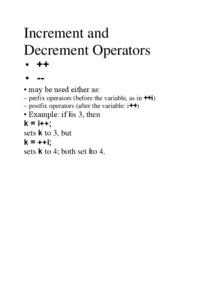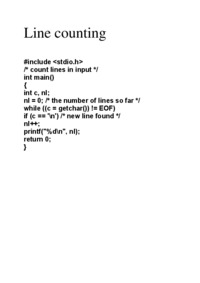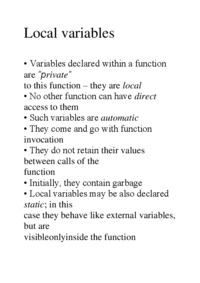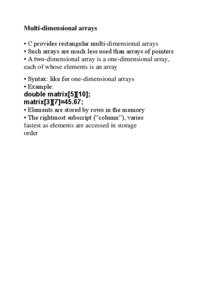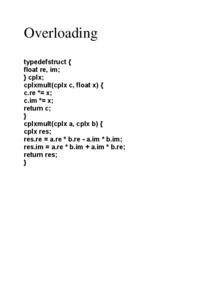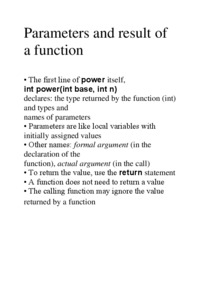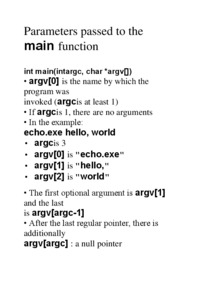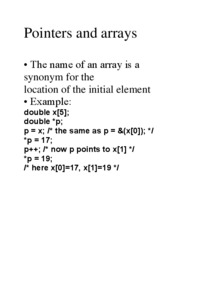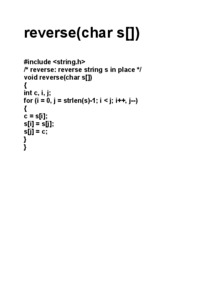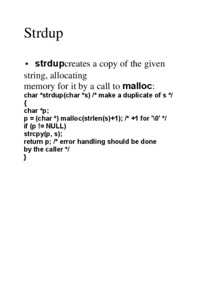Increment and Decrement Operators
- Politechnika Śląska
- Fundamentals of Computer Programming
Increment and Decrement Operators • ++ • -- • may be used either as: - prefix operators (before the variable, as in ++i ) - postfix operators (after the variable: i ++ ) • Example: if i is 3, then k = i++; sets k to 3, but k = ++i; sets k to 4; bo...

